Regulation
SEC Insider Reveals Reason Why Agency Eased SAB 121 For Select Entities
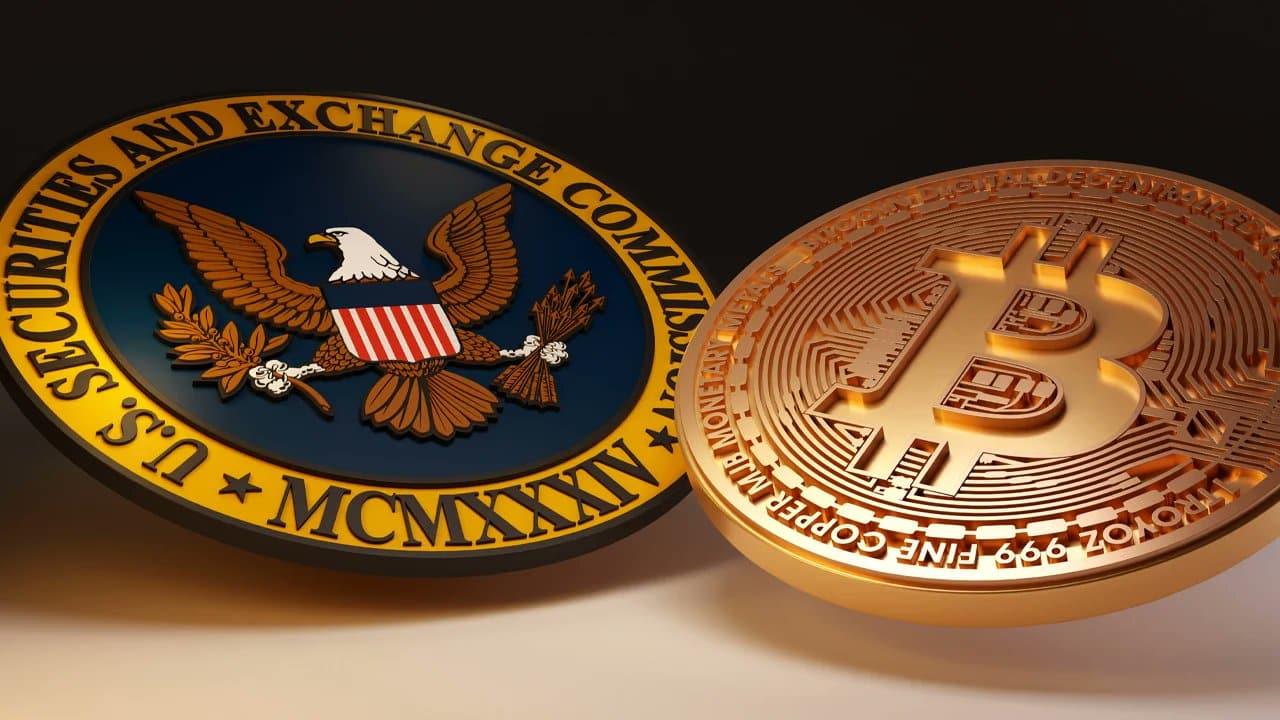
Recently, certain banks and broker-dealers received exceptions from the U.S. Securities and Exchange Commission (SEC) to custody crypto assets. This revelation comes despite the standing guidelines of Staff Accounting Bulletin (SAB) 121. Hence, netizens were questioning the actions of the agency and now there is an answer to this ‘bias.’
Why SEC Relaxed SAB 121 Rule For Banks & Brokerages?
The SAB 121 rules remain unchanged according to an SEC spokesperson. For context, SAB 121, issued by the SEC, outlines the accounting and disclosure obligations for companies holding crypto assets on behalf of customers. The guidance is primarily concerned with ensuring that customers’ crypto assets are protected and accounted for appropriately.
This comes handy particularly in scenarios of financial distress like bankruptcy or resolution. Meanwhile, FOX journalist Eleanor Terrett’s inquiry revealed that specific broker-dealers and custody banks have demonstrated to the SEC staff that their operational models differ significantly from those outlined in SAB 121.
According to the spokesperson quoted by Terrett:
“Certain broker dealers and custody banks have sufficiently demonstrated to SEC staff that their fact patterns are different from those described in SAB 121…such as ensuring that customers maintain ownership of their assets even in the case of a resolution or bankruptcy.”
These entities have managed to assure the SEC that they can maintain customer ownership of assets even under adverse conditions. Thus, they earned exceptions to the stringent requirements of SAB 121.
Furthermore, Terrett disclosed that the SEC’s accounting staff, who are responsible for SAB 121, have conducted private discussions with these financial institutions. These discussions, it appears, were not communicated to the SEC Commissioners. These Commissioners are now working to understand the substance of these conversations.
Also Read: GOP Whip Tom Emmer Accuses SEC Chair of Harassment
Industry Backlash On These Exceptions
While the U.S. House continued to hold President Joe Biden’s veto on the anti-SAB 121 bill, the SEC made the above-mentioned landmark decision. The U.S. regulator introduced a new method allowing banks and brokerages to exclude their customers’ crypto holdings from their balance sheets. Banks must, however, ensure that they manage all related risks effectively.
This decision was a positive development in response to the heated debate in Congress over the controversial crypto-accounting guidelines. According to a source at the SEC, the agency’s staff has begun providing guidance on specific arrangements that allow banks to avoid listing crypto holdings as liabilities on their balance sheets.
Popular banks have been in discussions with the SEC over the past year. Hence, they received approval to omit crypto assets from their balance sheets, provided they ensure customer asset protection in the event of bankruptcy. However, the SEC requires banks to implement additional safeguards and internal controls to protect these holdings.
This move ignited significant backlash from the crypto industry for the supposed “bias.” VanEck’s Head of Digital Assets Research, Matthew Sigel, lauded the latest move but also pointed out the flaws. In a post on X, he wrote, “Good news (albeit still a horrific process that now favors big guys vs. repealing SAB121 which would have set a level playing field).”
Furthermore, Custodia Bank CEO Caitlin Long, who has been expressing frustration toward discrimination in obtaining Fed masteraccounts, also chimed in. She wrote, “SEC leadership extracts revenge on the #crypto industry (one day after Ro Khanna’s White House session) by giving the big banks special ‘exceptions’ from #SAB121, while sidelining #crypto companies still subject to it. How are progressives OK with such corporate favoritism?”
Also Read: Stacks Price Soars 9% As SEC Ends Probe On Bitcoin Layer 2 Developer
The presented content may include the personal opinion of the author and is subject to market condition. Do your market research before investing in cryptocurrencies. The author or the publication does not hold any responsibility for your personal financial loss.
Regulation
Gary Gensler To Step Down As US SEC Chair In January
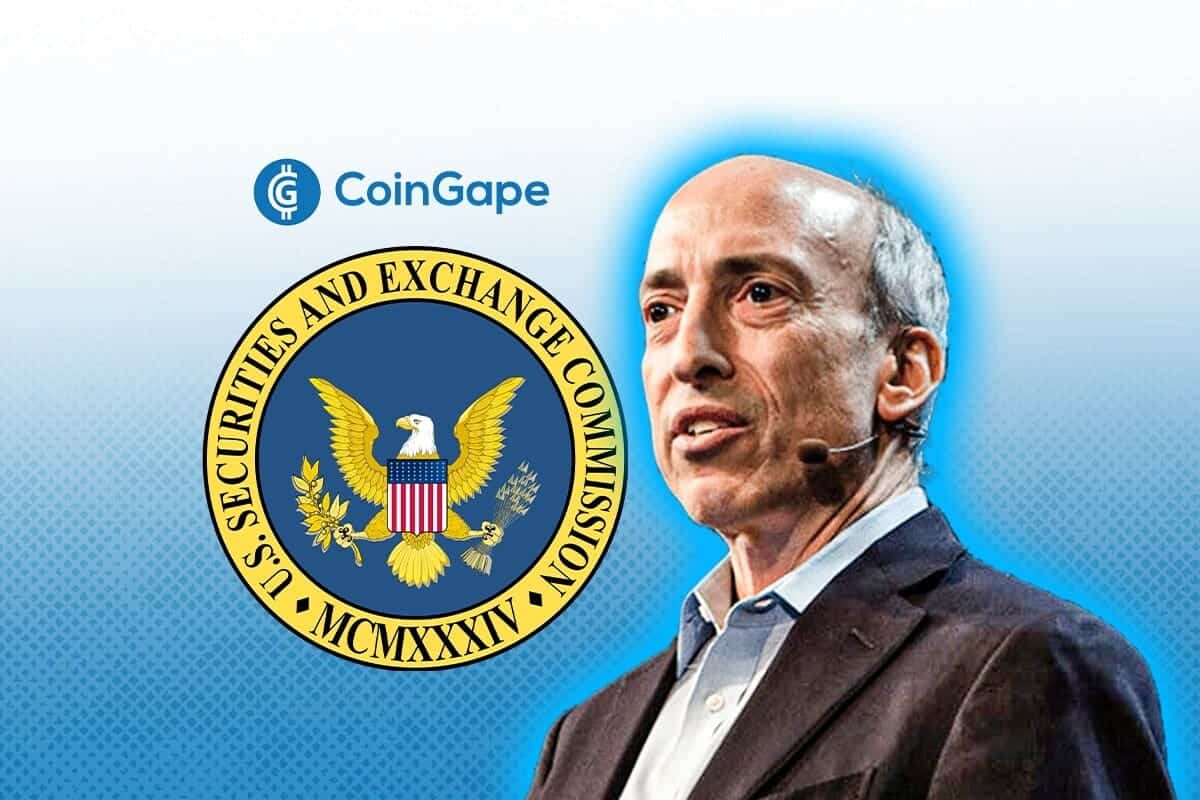
In a recent development, the US Securities and Exchange Commission (SEC) announced that Gary Gensler will step down from his position next year. This follows calls for Gensler to resign since Donald Trump won the US presidential elections.
Gary Gensler To Step Down As US SEC Chair
The US SEC announced in a press release that Gary Gensler will depart the Agency on January 20, 2025. The US SEC Chair also confirmed this development in an X post. Interestingly, this comes on the same day that Donald Trump will be inaugurated as the 47th president of the United States.
Following the announcement, Gensler also used the opportunity to reflect on his time at the Commission. He remarked that it has been an “honor of a lifetime” to serve alongside those at the SEC. He also thanked President Biden for the opportunity to serve in the position. Gensler has been the US SEC Chair since April 2021. During his time, he has spearheaded several litigations against the crypto industry.
This includes the long-running legal battle with Ripple, which Gensler took over from his predecessor Jay Clayton, which bordered on whether XRP was a security. Up till now, the Agency continues to reiterate this ‘digital asset securities’ claim.
Disclaimer: The presented content may include the personal opinion of the author and is subject to market condition. Do your market research before investing in cryptocurrencies. The author or the publication does not hold any responsibility for your personal financial loss.
Regulation
BitClave Investors Get $4.6M Back In US SEC Settlement Distribution
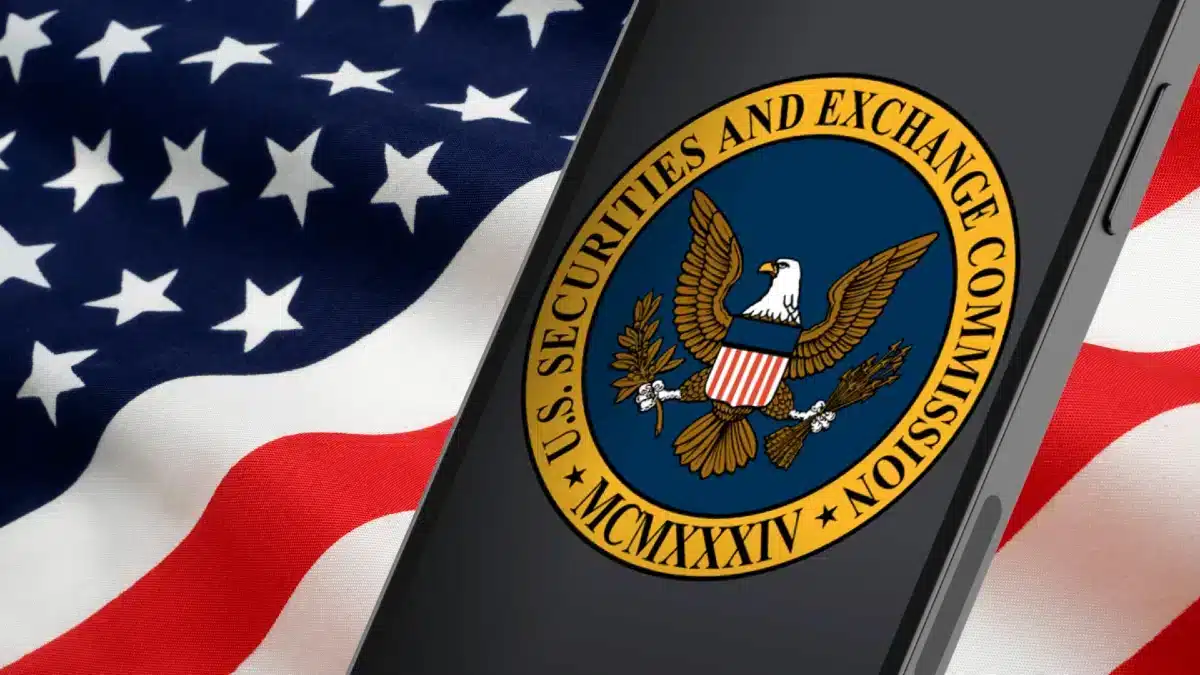
BitClave investors have started receiving $4.6 million in repayments from the U.S. Securities and Exchange Commission (SEC), following a settlement reached in 2020. The SEC announced on Nov. 20 that payments from the BitClave Fair Fund had been disbursed to eligible investors harmed during the company’s 2017 initial coin offering (ICO).
Pro-XRP lawyer and online commentator “MetaLawMan” criticized the SEC’s stance on digital assets, stating on social media, “Here we go again with ‘digital asset securities.’ Unbelievable.” The lawyer’s statement reflects ongoing industry frustrations over the SEC’s regulatory approach to cryptocurrencies.
BitClave Investors Get $4.6M Back in US SEC Settlement
The US SEC assured the public that $4.6 million was returned to investors who filed the claims and were eligible for the refunds. These funds were agreed upon in 2020 after the SEC accused BitClave of conducting an unregistered ICO.
The company’s initial coin offering (ICO) in 2017 brought in $25.5 million in only 32 seconds and distributed its Consumer Activity Token (CAT) to thousands of buyers. The SEC therefore claimed that the ICO was an unregistered securities transaction because potential investors were induced to invest in the CAT token with an expectation of appreciation of its value.
Under the settlement, BitClave will have to refund the money it raised and also pay $4 million in fines and interest. In between these settlements, John Deaton has accused the regulator of using laws that were set in 1933.
The Fair Fund was therefore created to ensure that the funds are returned to the affected investors. The claims submission period closed in August 2023, and the eligible investors received the information on the claims in March 2024. The Securities and Exchange Commission posted on its social media accounts that the payment has been made, and “the checks are in the mail.”
BitClave Settlement Included Penalties and Token Destruction
In the settlement, BitClave did not accept or reject the accusations made by the SEC but agreed to cough up $29 million. This total consisted of the $25.5 million that was generated in the ICO and the additional $4 million in fines.
Concurrently, the company also committed to burning 1 billion of the catalyst tokens that have not been distributed and to ask exchanges to delist the token.
The Securities and Exchange Commission therefore pointed out that by February 2023, BitClave had only remitted $12m to the Fair Fund, thus leaving questions on the balance of $7.4m. Neither the SEC nor the fund administrator gave further details on the matter, and it is still uncertain as to how the outstanding payment will be collected.
US SEC Maintains Strict Regulatory Stance on Crypto
The US SEC has continued to enforce regulations on crypto companies under the Biden administration, with over 100 enforcement actions taken against the industry. BitClave’s settlement, subsequently, is one of many cases where the regulator has targeted unregistered ICOs and other alleged securities violations.
BitClave’s case, handled under former SEC Chairman Jay Clayton, emphasized the agency’s view that many digital assets fall under securities laws. The CAT white paper described potential value increases, which the regulator argued encouraged speculative investment in an unregistered security.
As the US SEC faces criticism, President-elect Donald Trump has expressed plans to reshape crypto oversight. Trump has promised to remove current SEC Chair Gary Gensler and is reportedly considering creating a new White House position dedicated to cryptocurrency policy.
Disclaimer: The presented content may include the personal opinion of the author and is subject to market condition. Do your market research before investing in cryptocurrencies. The author or the publication does not hold any responsibility for your personal financial loss.
Regulation
US SEC Pushes Timeline For Franklin Templeton Crypto Index ETF
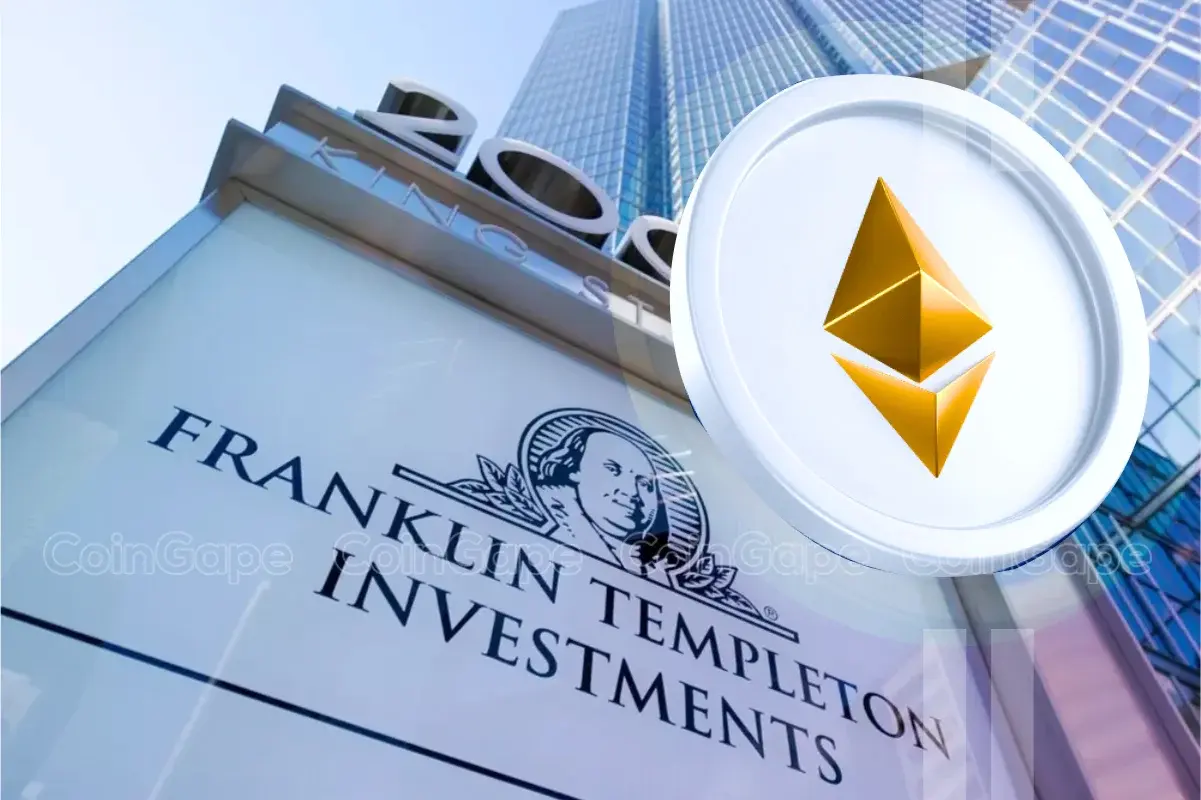
The United States Securities and Exchange Commission (US SEC) has further delayed its decision on Franklin Templeton’s Bitcoin and Ethereum index ETF. From the filing made on November 20, 2024, it has been agreed that the decision on the proposal will be made on January 6, 2025 to afford the regulating authority ample time to consider the proposal.
US SEC Extends Review Period for Franklin Templeton Crypto Index ETF
According to the US SEC filing of November 20, 2024, the commission deferred its decision on the Bitcoin and Ethereum index ETF by Franklin Templeton. Therefore, the regulatory body is seeking to extend the review period to January 6, 2025. The extension will help to have more time to consider the application which was filed on September 19, 2024.
The proposal was first published in the Federal Register on October 8, to kick start a thirty-five (35) days review period. As a result, the review was to end on November 22, 2024. Consequently, the review was to expire on November 22, 2024. However, the SEC’s decision to delay indicates a thorough approach to reviewing the fund’s compliance with crypto regulations.
Meanwhile, no public comments on the proposed rule change have been submitted, leaving the US SEC to focus on internal assessments. This delay concurs with the commission’s conservative approach to the products that are connected with cryptocurrencies. The extra time will allow more detailed research of fund’s organization and market risks.
Franklin Templeton Expands Push Into Cryptocurrency ETFs
Franklin Templeton is broadening its efforts in the cryptocurrency space with its proposed Bitcoin and Ethereum index ETF. The asset manager, which oversees $1.5 trillion in assets, has previously launched a spot Bitcoin ETF and a spot Ethereum ETF.
If approved, the latest ETF would add to Franklin Templeton’s portfolio of crypto-focused investment products, further diversifying options for institutional.
In addition, Franklin Templeton has taken a major step in its tokenization efforts, announcing the expansion of its Benji tokenization platform to the Ethereum network. This marks the fifth blockchain integration for the platform this year, following launches on Aptos, Avalanche, Arbitrum, and Coinbase’s Base.
Despite the US SEC overall crypto ETF delays, other market players are moving further with their strategies . Last week, Bitwise submitted a registration statement to transform the Bitwise 10 Crypto Index Fund which now manages $1.3 billion into an ETP. It investments in Bitcoin represent 75% of the fund and Ethereum is 16% of the fund; these two assets sum up to 91%.
Moreover, the filing comes when diversified crypto index funds seem to be gaining popularity among investors. Bitwise’s move will make investing in cryptocurrencies more accessible for retail audiences. When approved, this ETP will also set a paradigm for the expansion of multi-asset crypto based product offerings.
Disclaimer: The presented content may include the personal opinion of the author and is subject to market condition. Do your market research before investing in cryptocurrencies. The author or the publication does not hold any responsibility for your personal financial loss.
-

 Market17 hours ago
Market17 hours agoThis is Why MoonPay Shattered Solana Transaction Records
-

 Ethereum14 hours ago
Ethereum14 hours agoFundraising platform JustGiving accepts over 60 cryptocurrencies including Bitcoin, Ethereum
-

 Regulation21 hours ago
Regulation21 hours agoUS SEC Pushes Timeline For Franklin Templeton Crypto Index ETF
-

 Market21 hours ago
Market21 hours agoRENDER Price Soars 48%, But Whale Activity Declines
-

 Regulation20 hours ago
Regulation20 hours agoBitClave Investors Get $4.6M Back In US SEC Settlement Distribution
-

 Market20 hours ago
Market20 hours agoNvidia Q3 Revenue Soars 95% to $35.1B, Beats Estimates
-

 Market19 hours ago
Market19 hours agoDogecoin (DOGE) Price Momentum Weakens Despite Rally
-

 Altcoin19 hours ago
Altcoin19 hours agoCrypto Analyst Says Dogecoin Price Has Entered Parabolic Surge To $23.36. Here Are The Reasons Why








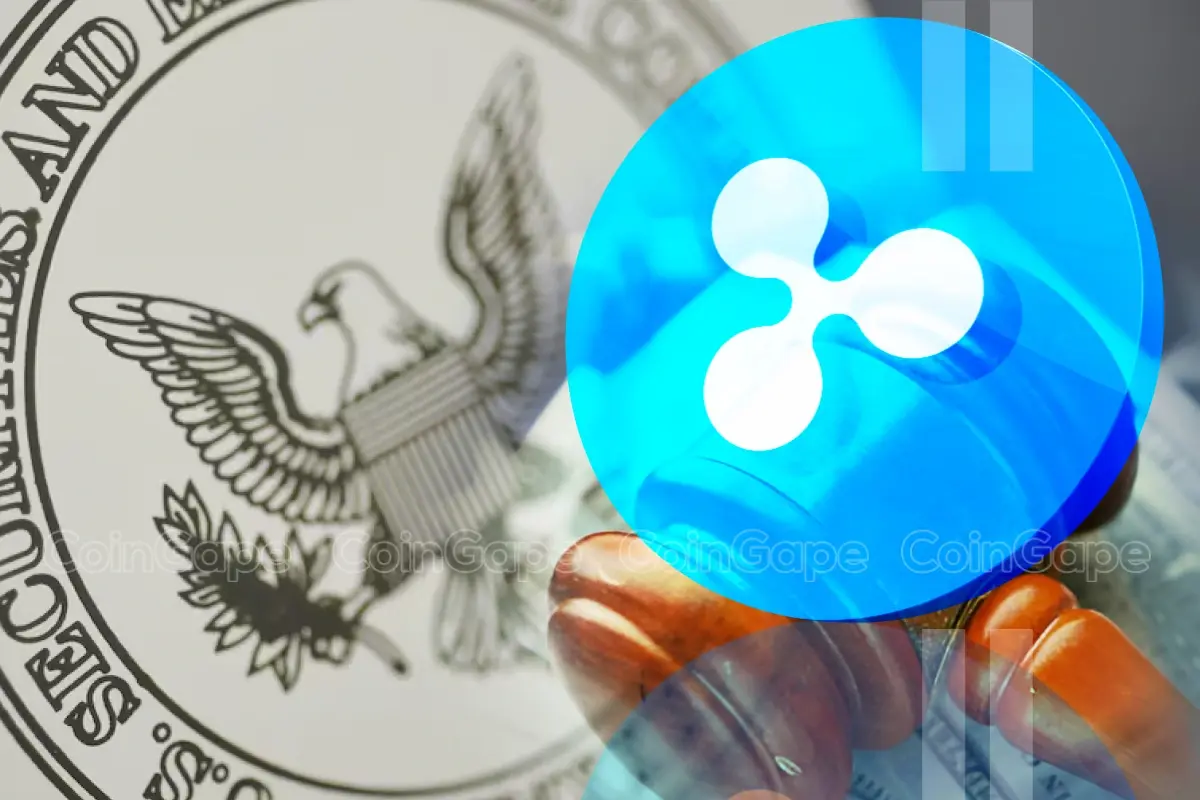









✓ Share: